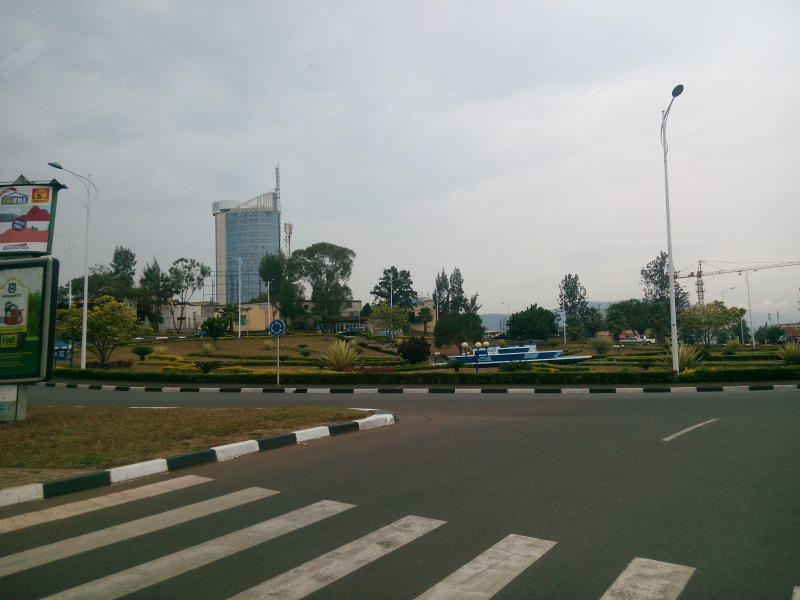
The Institution of Surveyors of Kenya has been making annual trips to various countries to expose its professionals to new ways of doing things. We were in Kigali, Rwanda a few days ago. Here are some lessons that could be replicated here:
Cleanliness: There is an unwritten rule that you can judge the cleanliness of a place by the appearance of the lavatories. A visit can create an image of a place or location. In Rwanda all the lavatories we visited were remarkable clean. Their city and roads are also clean. People dispose litter responsibly and citizens do monthly cleanups.